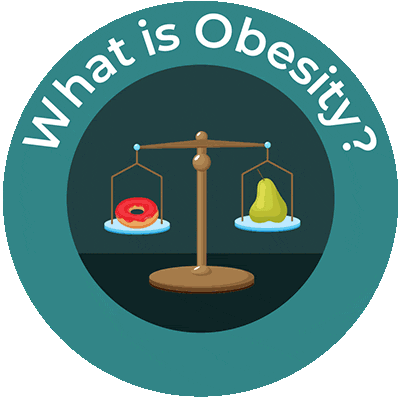This activity is provided by Med Learning Group.
This activity is supported by an educational grant from Lilly.
Copyright © 2025 Med Learning Group. Built by Divigner. All Rights Reserved.
This activity is supported by an educational grant from Lilly.
Copyright © 2025 Med Learning Group. Built by Divigner. All Rights Reserved.










